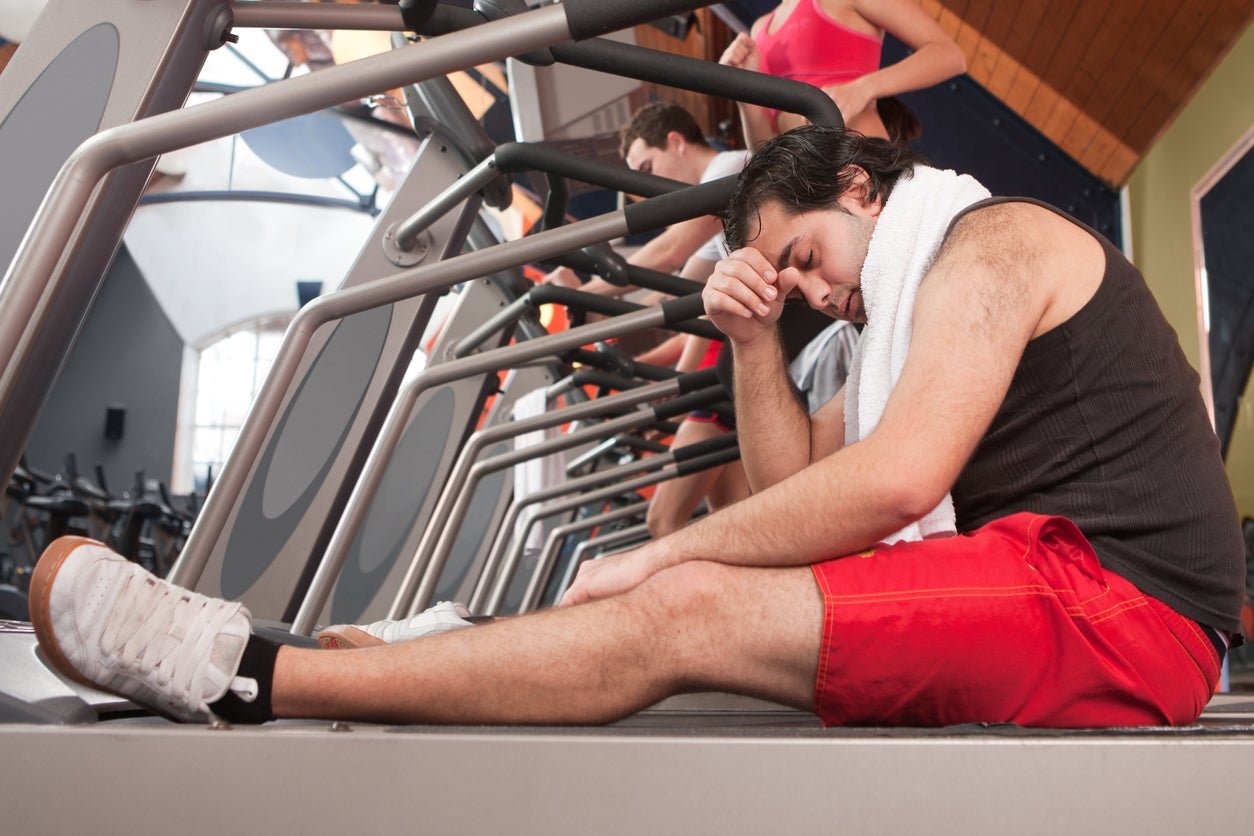Cold and flu season has returned to the U.S., and doctors are warning Americans to avoid making a common health mistake if they get sick: sticking to their exercise routines.
Exercise can be a great way to boost the immune system before infection, but a brisk run or visit to the gym can make congestion symptoms even worse and prolong the illness, experts say.
Physical activity can also raise the body's internal temperature, which is dangerous if you have a fever and even causes organs to malfunction. It can also use up energy the body needs to keep the immune system strong, and sweating can leave you dehydrated, causing dizziness and chills.
That's why listening to your body before putting on those sneakers makes all the difference, said Dr. Donald Brown, an internal medicine hospitalist at Houston Methodist.
“The general rule of thumb for exercising while sick is that if your symptoms are above the neck, you can probably continue with your routine, but at a lower intensity and in a shorter period of time,” he said.
Symptoms below the neck, such as a dry cough or an upset stomach, could indicate a more serious infection, according to the American Lung Association.
Symptoms above the neck are runny nose, stuffy nose, sneezing, and mild sore throat, says the Mayo Clinic.
“If you have a severe respiratory illness, you're going to have trouble breathing to begin with. Even if it's just a cough, something is happening that is damaging your lungs,” said Dr. Brian Labus, an infectious disease epidemiologist and professor at the University of Nevada, Las Vegas. Parade.
“Exercising on top of that can be very taxing on the body and make it difficult to recover from the illness.”
But light or moderate physical activity is usually safe if you have a common cold and may even relieve congestion by opening your nasal passages.
You may feel more fatigued than normal, but low-impact exercise for shorter periods of time is considered fine.

Those exercises include walking, light jogging, and yoga for a period of about 30 minutes.
“Listen to your body, if you feel like you can't handle it, take a break and allow the body to rest and heal,” said Traci Gonzales, a nurse practitioner at UTHealth. “Whether you decide to rest or exercise, make sure you hydrate, hydrate, hydrate!”
“Also, be careful about spreading germs if you decide to exercise in an area with other people. Cold and flu viruses are very contagious and spread easily,” he advised.
Experts say this month is the ideal time to get a flu shot and other vaccines that protect against serious illnesses.
Last year was the country's worst flu season in 15 years, with 82 million flu cases between October and mid-May.












